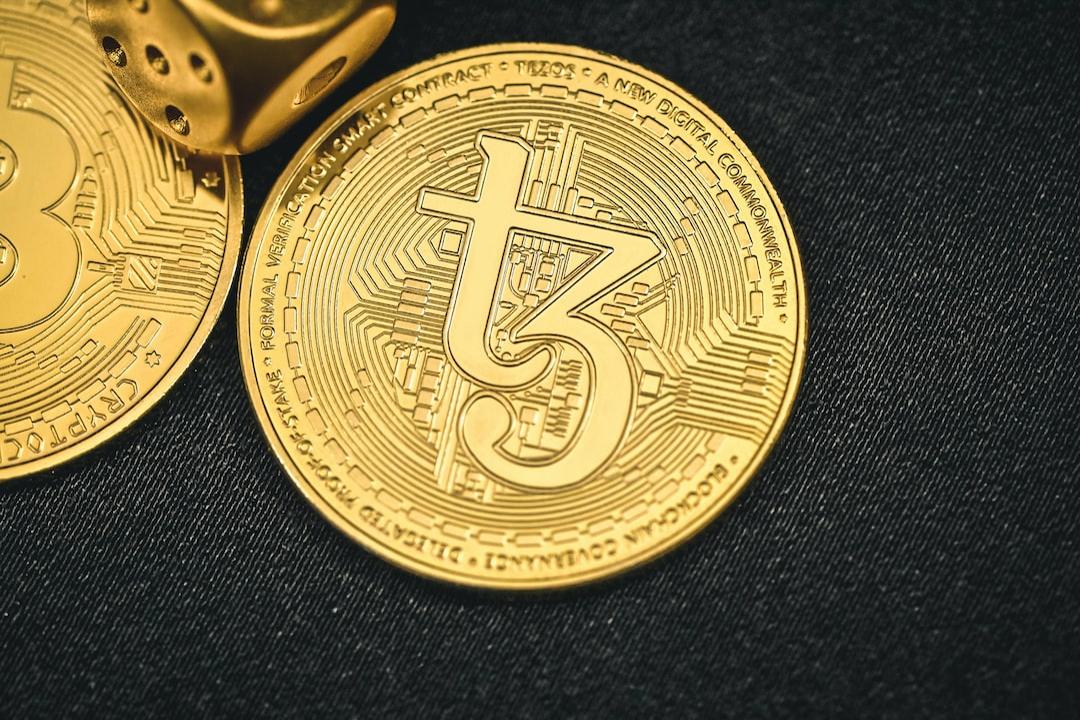
Bitcoin Network Achieves Over 1 Billion Transactions, Fifteen Years Post Inception
The Bitcoin network has achieved a significant feat by processing its one-billionth transaction, a remarkable milestone that has been reached more than fifteen years after the cryptocurrency was introduced. The momentous event took place on May 5, when transaction number 1,000,000,000 was confirmed in block 842,241, as reported by data from Clark Moody’s Bitcoin dashboard.
The journey towards one billion transactions began on January 3, 2009, when Bitcoin’s anonymous creator, Satoshi Nakamoto, mined the network’s genesis block. Over the course of 5,603 days, the network has maintained an average of 178,475 transactions per day.
It is important to note that the one billion transaction count does not include the additional millions of transactions facilitated through the Lightning Network, a second-layer protocol introduced in January 2018 to enhance Bitcoin’s scalability and enable faster transactions. In fact, in August 2023 alone, an estimated 6.6 million transactions were conducted on the Lightning Network, as reported by the Bitcoin-only exchange River.
Bitcoin experienced a surge in transaction activity surrounding its fourth halving event on April 20, with daily transactions reaching a peak of 926,000 on April 23. This surge was mainly driven by the launch of the Runes protocol at block 840,000. However, the transaction volume has since normalized to 660,260 transactions as of May 4.
When compared to traditional payment giants, Bitcoin’s achievement of reaching one billion transactions is noteworthy. For instance, Visa took approximately 25 years to reach the same milestone. This comparison highlights Bitcoin’s growth as a decentralized network that operates without the need for a central intermediary, providing secure and transparent transaction capabilities.
Furthermore, Bitcoin’s main competitor, Ethereum, has already surpassed two billion transactions since its inception in July 2015, according to Etherscan data. This statistic emphasizes the competitive landscape within the cryptocurrency industry, where multiple networks strive for dominance not only in terms of transaction volume, but also in technological advancements and user adoption.
While reaching the milestone of one billion transactions is a significant accomplishment for Bitcoin, it also sheds light on several challenges that the network faces. One major challenge is the network’s ability to effectively scale. Bitcoin continues to struggle with efficiently managing the high volume of transactions, often resulting in elevated transaction fees. These fees could discourage new users from adopting Bitcoin, especially for small, everyday transactions.
Additionally, the environmental impact of Bitcoin mining remains a concern. The mining process requires substantial amounts of electricity, raising questions about the long-term sustainability of the cryptocurrency. These challenges necessitate ongoing improvements in technology and strategy in order for Bitcoin to maintain its position and expand its user base in the highly competitive digital currency market.
The market has responded positively to Bitcoin’s milestone, with its price experiencing a 12% increase from a two-month low on May 2, reaching $65,423, according to CoinMarketCap data. However, it is still 13.6% below its all-time high of $73,740, which was set on March 13.
Furthermore, Bitcoin’s ability to address scalability and environmental issues will be crucial in determining its capacity to compete with traditional financial systems and achieve widespread adoption.













